What is the Name of the Oil Tank Truck?
When we see a massive vehicle transporting liquid fuel along highways and city streets, we may casually refer to it as an “oil truck” or “fuel tanker.” However, the term “oil tank truck” encompasses a wide variety of specialized vehicles with specific purposes, designs, and terminologies. This article delves into the various types of oil tank trucks, their naming conventions, and the roles they play in our daily lives.
Types of Oil Tank Trucks
Oil tank trucks, also known as tanker trucks or fuel tankers, are designed to transport large quantities of liquid products such as petroleum, gasoline, diesel, and other hazardous liquids. These trucks come in different shapes, sizes, and capacities, tailored to meet specific needs.
1. Petroleum Tanker Trucks:
These are the most common types of oil tank trucks. They are designed to carry refined petroleum products like gasoline, diesel, and aviation fuel. They often have multiple compartments to transport different grades of fuel simultaneously. This type of truck is crucial for delivering fuel to gas stations and other distribution points.
2. Crude Oil Tankers:
Crude oil tankers are specifically designed to transport unrefined crude oil from oil fields to refineries. These trucks are built to handle the heavier and more viscous nature of crude oil, which requires robust materials and construction to ensure safety and efficiency.
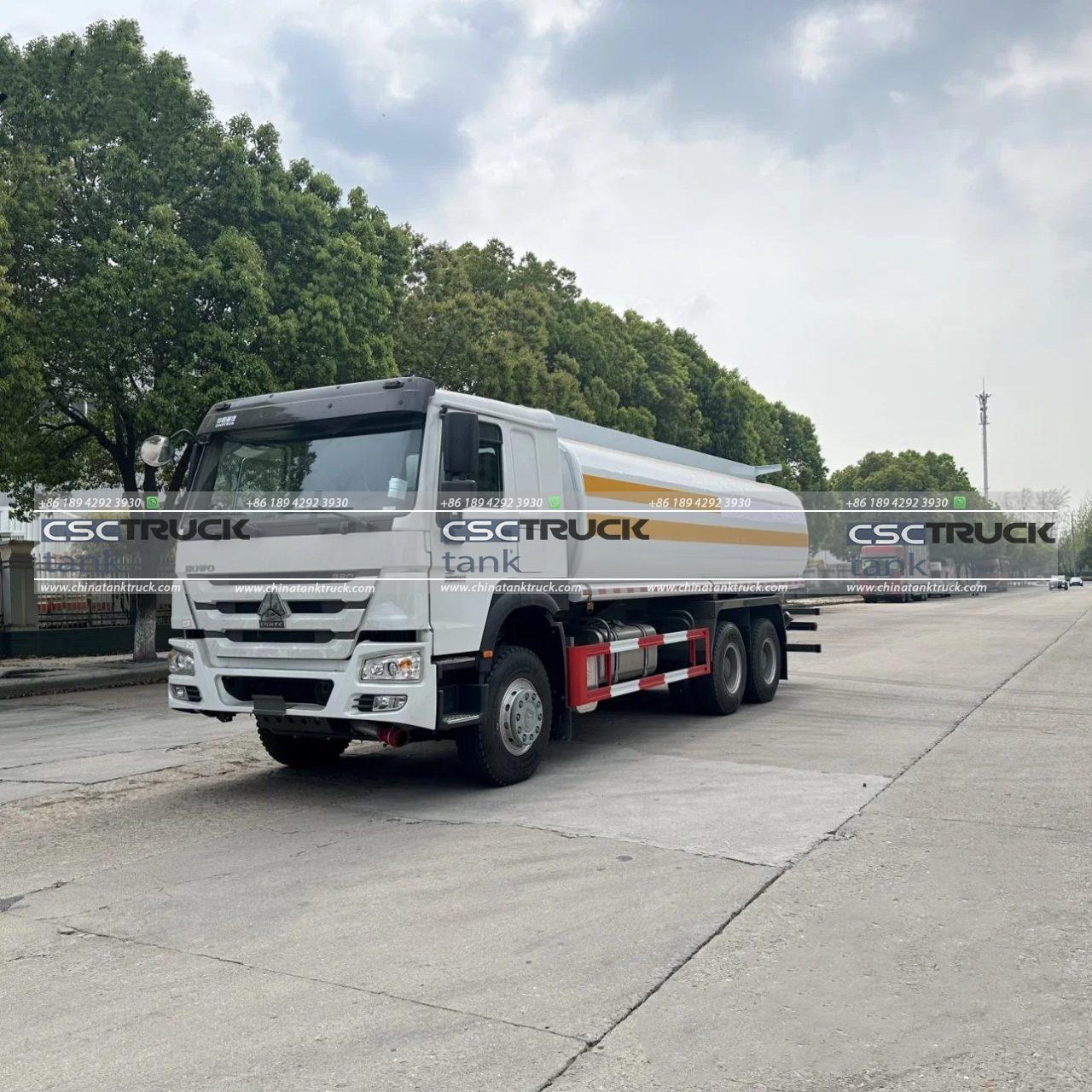
3. Chemical Tankers:
While not exclusively for oil, chemical tankers often transport various liquid chemicals, including certain types of oil products. These tankers are equipped with special materials and coatings to prevent corrosion and contamination.
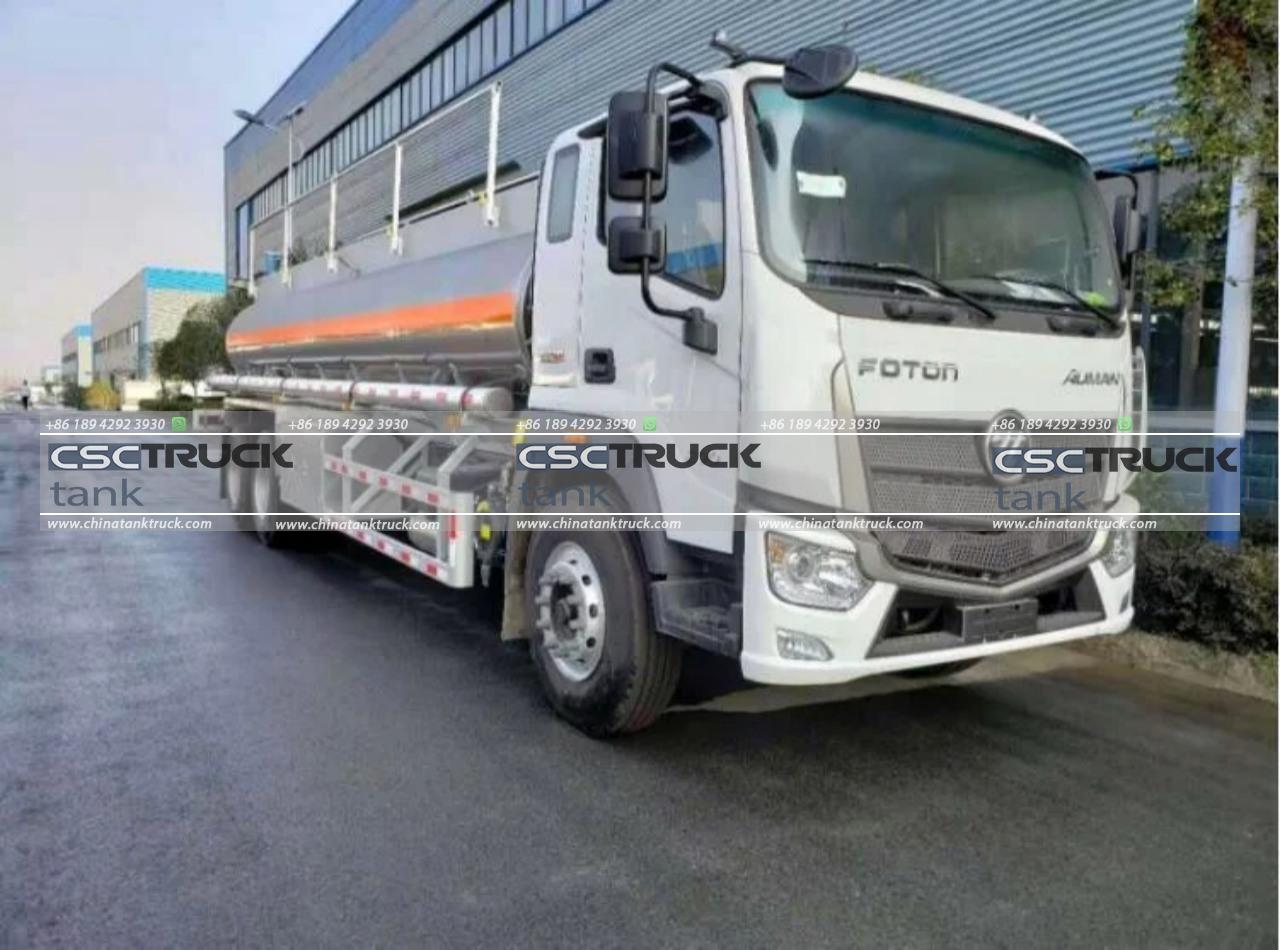
4. LPG Tankers:
Liquefied Petroleum Gas (LPG) tankers are used to transport propane and butane. These trucks have pressurized tanks to keep the gas in liquid form, ensuring safe and efficient transport.
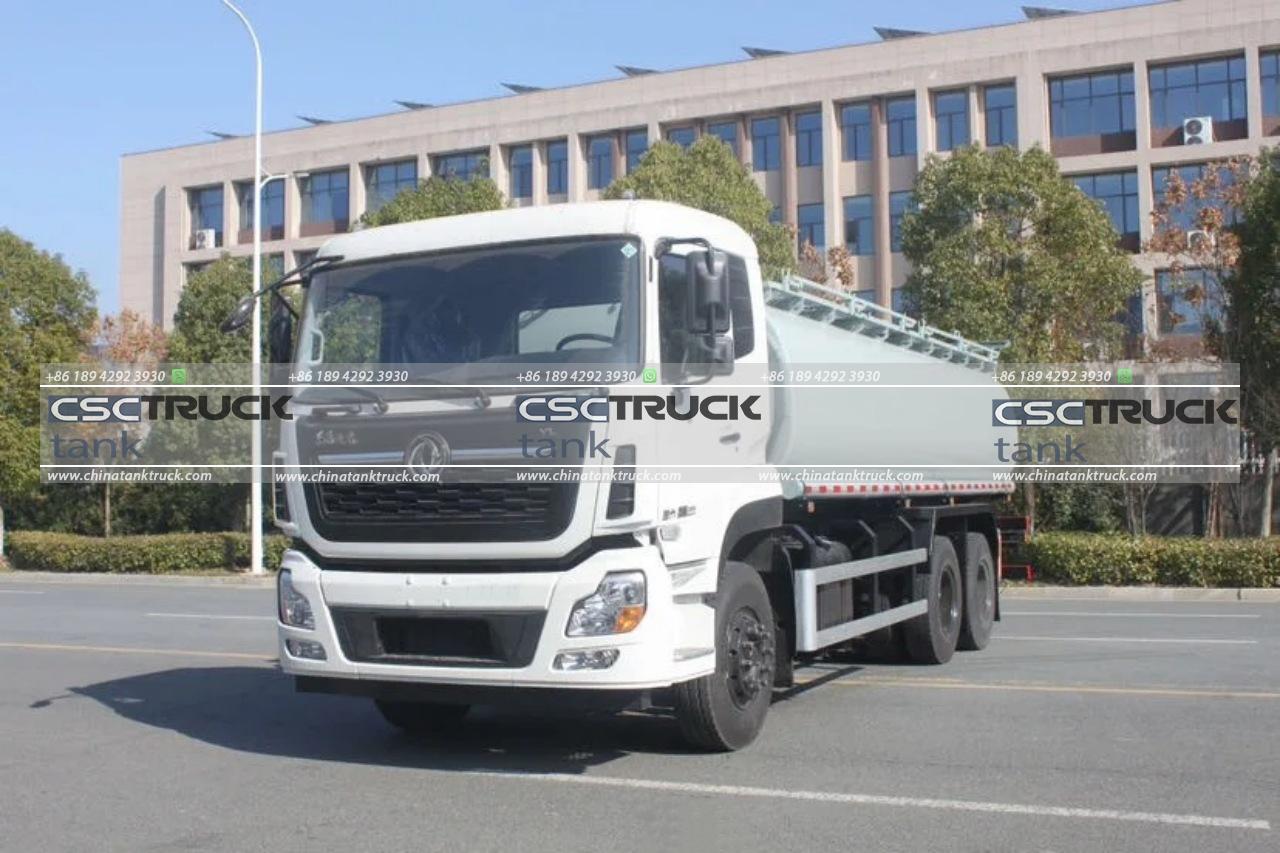
Naming Conventions
The terminology used for oil tank trucks can vary based on their design, purpose, and the region in which they are used. Some common names include:
– Tanker Truck: A general term used to describe any truck designed to transport liquids.
– Fuel Tanker: Specifically refers to trucks carrying refined fuel products.
– Oil Tanker: A broad term that can refer to trucks carrying either crude or refined oil.
– Petroleum Tanker: Emphasizes the transportation of petroleum-based products.
– Gasoline Tanker: Specifically used for trucks transporting gasoline.
– Diesel Tanker: Specifically used for trucks transporting diesel fuel.
– Crude Oil Tanker: Indicates a truck carrying unrefined crude oil.
– Chemical Tanker: Used for trucks that transport a variety of chemical liquids, including certain oils.
Design and Features
Oil tank trucks are engineered with several critical features to ensure the safe and efficient transportation of hazardous liquids. Key design aspects include:
– Tank Material: Tanks are typically made from stainless steel or aluminum to withstand the corrosive nature of the transported liquids and to ensure durability.
– Compartments: Many tanker trucks have multiple compartments, allowing them to carry different types of fuel or liquid simultaneously without mixing them.
– Safety Features: These trucks have various safety features such as emergency shut-off valves, grounding mechanisms to prevent static discharge and advanced braking systems.
– Insulation and Heating: Some tankers, especially those carrying heavy oils or chemicals, are insulated and have heating systems to maintain the viscosity of the liquid.
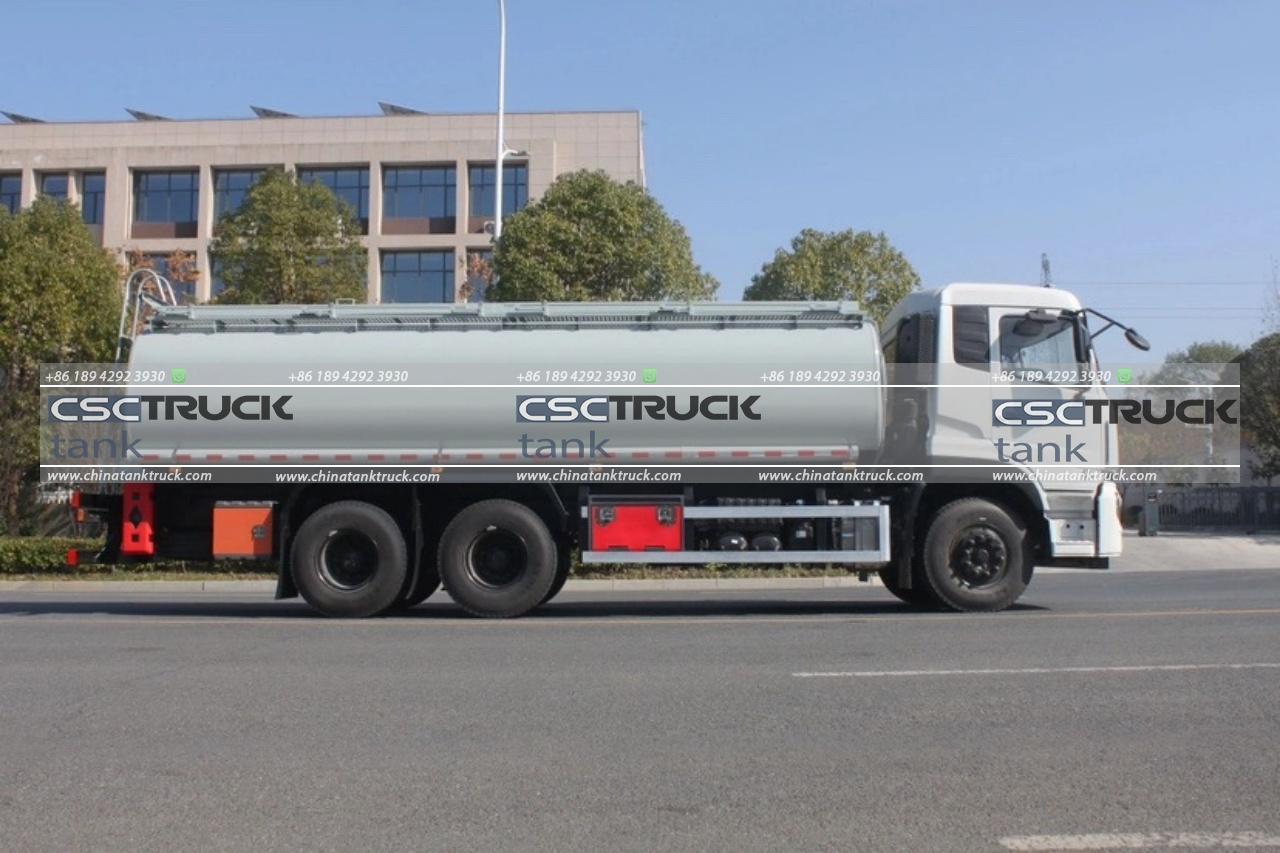
Roles and Importance
Oil tank trucks play a vital role in the energy supply chain. They are essential for:
1. Fuel Distribution:
Oil tank trucks are the primary means of delivering fuel from refineries and bulk storage facilities to gas stations, airports, and industrial sites. Without these vehicles, the distribution of fuel would be significantly hampered, affecting transportation, commerce, and daily activities.
2. Emergency Response:
In times of natural disasters or fuel shortages, tanker trucks are crucial for delivering emergency fuel supplies to affected areas, ensuring that rescue operations, generators, and other critical services can continue to function.
3. Industrial and Commercial Supply:
Many industries rely on oil tank trucks to deliver the fuel needed for their operations. This includes the construction, mining, agriculture, and manufacturing sectors, where heavy machinery and equipment require a constant fuel supply.
Environmental and Safety Considerations
Transporting large quantities of hazardous liquids comes with inherent risks, making safety and environmental considerations paramount in the operation of oil tank trucks.
– Spill Prevention: Advanced sealing and loading systems are used to prevent spills during transportation. Regular maintenance and inspection of tanks and valves are essential to minimize the risk of leaks.
– Driver Training: Drivers of oil tank trucks undergo specialized training to handle hazardous materials safely. They are taught to respond to emergencies, such as spills or fires, and to adhere to stringent safety protocols.
– Environmental Regulations: Stringent regulations govern the transportation of oil and other hazardous liquids to protect the environment. These regulations cover everything from the design of the tankers to the routes they can take and the procedures they must follow in case of an accident.
– Technological Advancements: Innovations in technology, such as GPS tracking, automated loading systems, and real-time monitoring, have enhanced the safety and efficiency of oil tank truck operations.
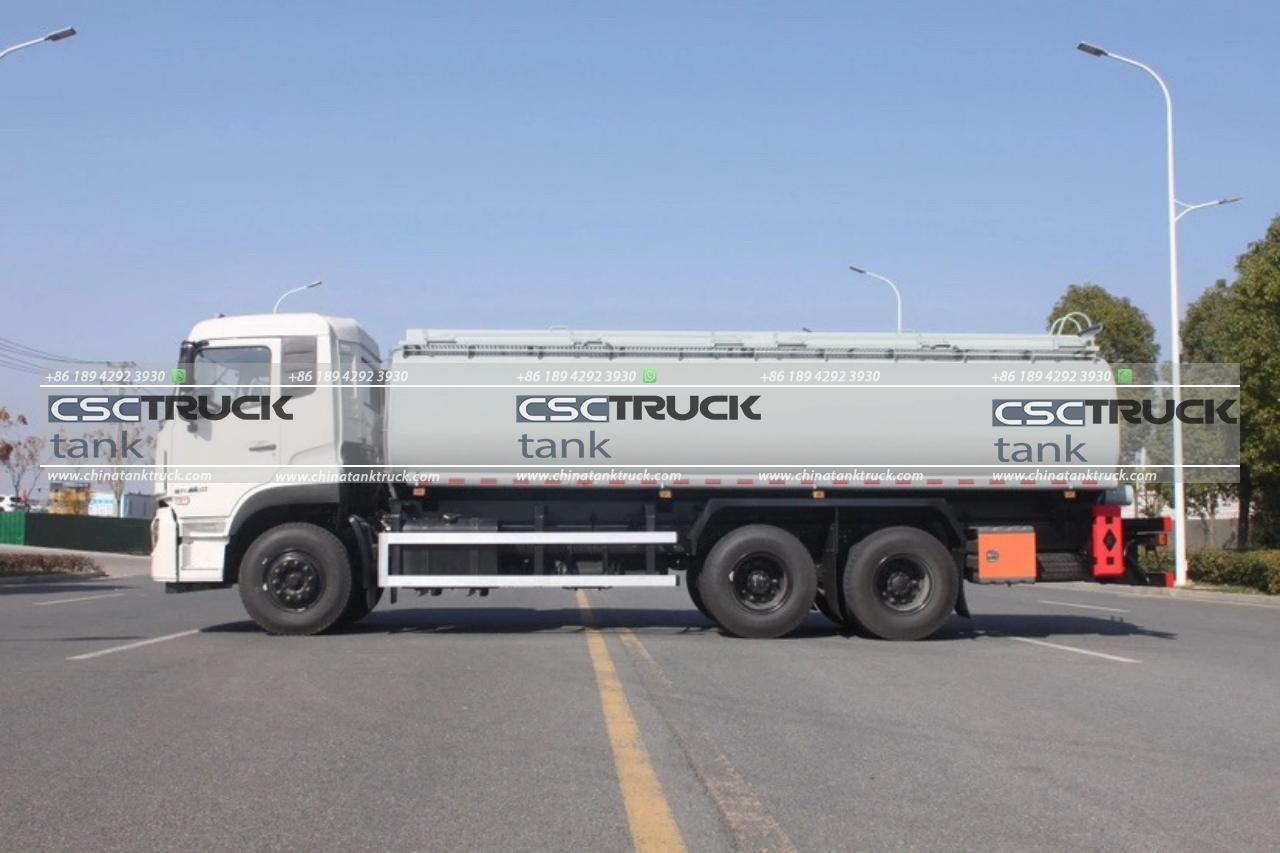
Conclusion
Oil tank trucks, also known as tanker trucks, fuel tankers, or petroleum tankers, are indispensable in the modern world. They ensure the continuous fuel supply and other essential liquids, supporting various sectors and daily life. Understanding the different types of oil tank trucks and their specific roles helps us appreciate the complexity and importance of these vehicles. As technology and regulations evolve, oil tank trucks will likely become even safer and more efficient, further securing their role in the global supply chain.

